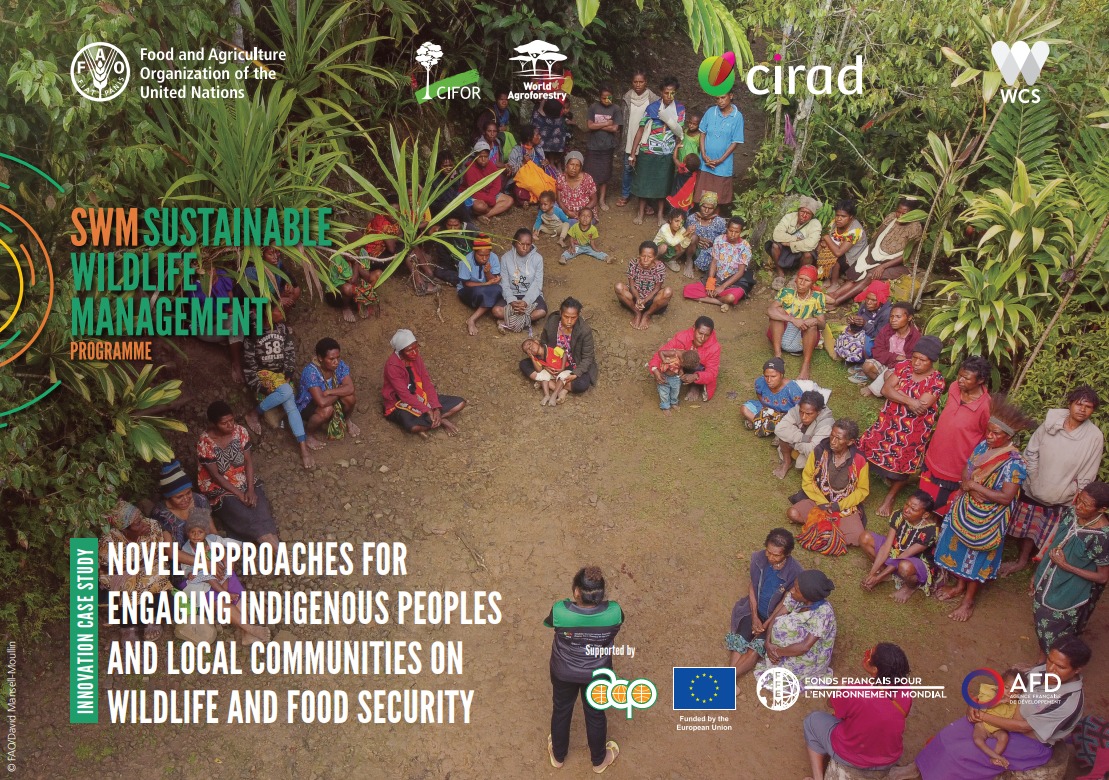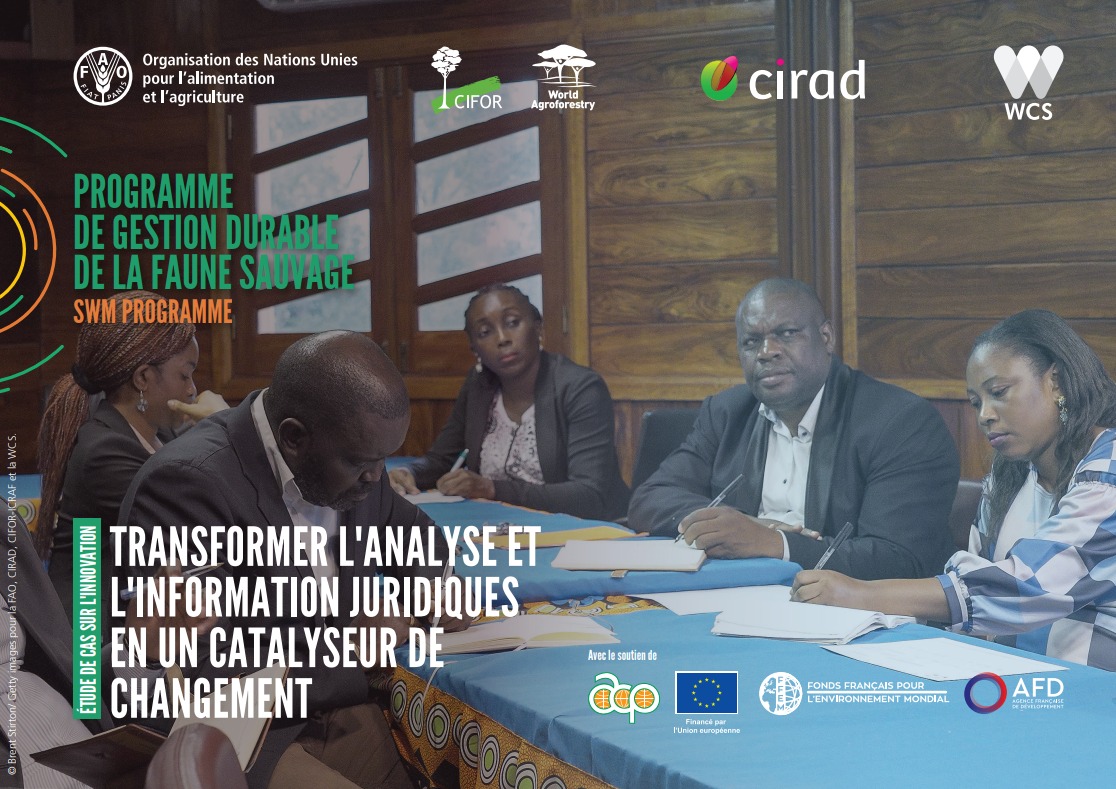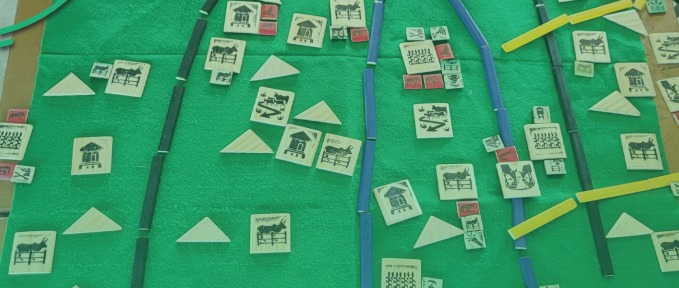
Encouraging action and change
Good science and technical expertise underpin all the SWM Programme activities. The initiative is filling knowledge gaps and promoting good practices. Many scientific papers and technical publications have been produced. Knowledge sharing is encouraged at all levels, whether it's at international conferences, in national workshops or as part of community exchange visits and training events.
Recent publications
(French publications available in the french version of the website)
Search by
Innovation
The SWM Programme has a deep commitment to innovation.
Innovation consists of doing something new and different, whether solving an old problem in a new way, addressing a new problem with a proven solution, or bringing a new solution to a new problem.
Innovation In Practice case-studies

Scientific Papers

Human-wildlife conflict toolkit (KAZA region)
The SWM Programme addresses human–wildlife conflict by supporting communities in the Kavango‑Zambezi region to balance wildlife conservation with sustainable livelihoods.
This training material provides practical tools and community-led approaches developed through the SWM Programme to foster coexistence and strengthen both people and nature.
Behaviour change campaigns
The SWM Programme has designed behaviour change strategies and is rolling out campaigns in three countries.
- Republic of the Congo: The campaign in Ouesso, the largest city in northern Congo, aims to boost the consumption of locally raised poultry. It encourages people to buy, order, prepare and incorporate local chicken in traditional Congolese recipes to reduce wild meat consumption.
- Guyana: The SWM Programme is running three campaigns, namely: “Keep the Rupununi wild”, “Local meat you can’t beat” and “Wildmeat is the sweetest meat: buy if legal”. The goal is to encourage consumption of local meat coming from sustainable and legal sources.
- Madagascar: A campaign near the Makira Natural Park aims to promote poultry and fish farming to reduce the consumption of lemurs, an endangered and protected species.
Data collaboration
The SWM Programme has generated vast amounts of valuable data, for example on wildlife abundance, hunting offtake and wild meat consumption. Much of the information is publicly available through these initiatives:
- Wildmeat Use Database: This database contains data on wild meat consumption, hunting offtakes and market sales (available here).
- Basic Necessity Survey: These surveys assess family well-being and how this changes over time (available here).
- Wildlife Insights: This initiative provides tools and technology tools to manage, analyse and share camera trap data (available here).





